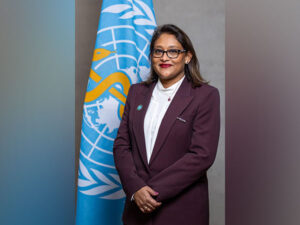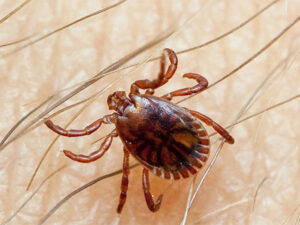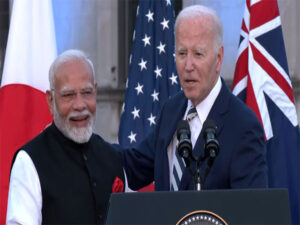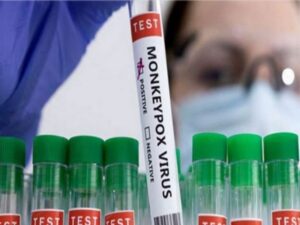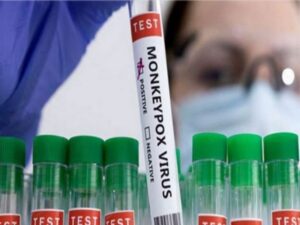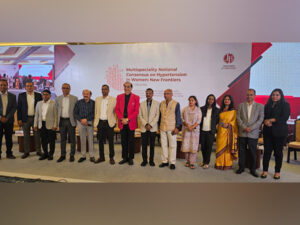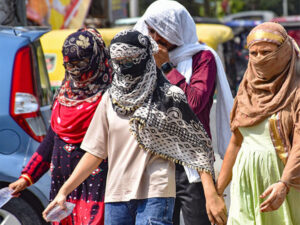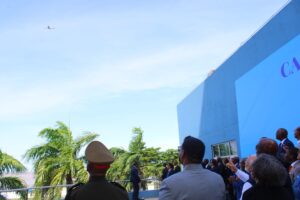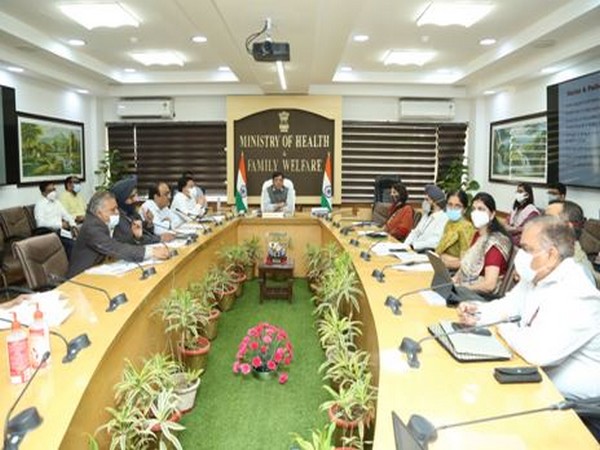
New Delhi [India], November 1 (ANI): Union Health Minister Mansukh Mandaviya on Monday chaired a high-level meeting in Delhi with the officials to review the public health measures taken to control and management of dengue cases.
Highlighting the urgency of intervention, Mandaviya pointed out that many poor people are affected by dengue who are weakened due to low platelet count. “Primary health care centres may prescribe antipyretic drugs to suppress the symptoms without addressing the root cause which may lead to the eventual demise of the patient,” he said.
He further said that testing is the most important step for identifying dengue. He thereafter directed officials to ramp up testing so that all cases are reported and treated properly.
The Minister also stressed on the need for effective coordination between the Centre and states.
“Some hospitals are overburdened with dengue cases while beds continue to be empty in other hospitals. Effective communication between all stakeholders was thus suggested as the way forward,” Mandaviya said.
The Union Health Minister also requested Delhi officials to look into the possibility of repurposing COVID beds to treat Dengue. “Use of mosquito nets, full-sleeved clothing, indoor fogging are to be encouraged while the MCDs are to spray in the houses of the Dengue patients and 60 houses around it,” he added.
Other than removing stagnant water in houses, restaurants, industries, overhead tanks, the Health Minister stressed the identification of slums without a regular supply of water where water is stored for consumption. “Extensive cleaning is required on some surfaces where water gets replaced frequently like coolers and refrigerator trays, the use of chemicals like Temephos granules is known to be effective in larvae control,” he said.
60-70 dengue patients admitted at Delhi’s Ganga Ram Hospital
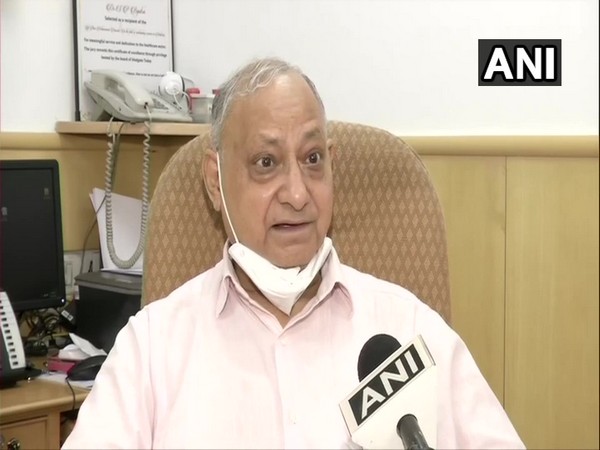
Amidst the increasing dengue cases in the national capital, Sir Ganga Ram Hospital informed on Monday that it had admitted nearly 60-70 dengue patients as on date.
Speaking to ANI, Chairman of the Department of Medicine, Sir Ganga Ram Hospital (SGRH) Dr SP Byotra said, “Not every patient is required to be admitted. People get panicked. Only 5-10 per cent of people are admitted to the hospital. People who have a very high fever, persistent vomiting, whose platelets count is below 10-20 per cent, bleeding issues due to less count of platelets are the people who need to be admitted.”
“In our hospital, 60-70 patients with dengue are admitted to the hospital currently. Many patients are on waiting. The most astonishing thing is that when last time there was mayhem of COVID, there were very few patients of dengue. Few dengue patients were not even required to be admitted,” he said.
Giving details about the virus-borne infection, Byotra said, “Dengue has four variants. Usually, all these four variants are available in the air. Maybe, one of the variants is powerful or more but possibly they are away. If a patient is infected with one variant, then its permanent immunity is developed. But they have chances of getting infected by other variants. It is seen if a person is recovered from one variant and then gets infected by another variant, then the severity of this is high.”
Highlighting the importance of prevention, the doctor said, “There is no certain medicine through which dengue can be cured. This mosquito-borne viral infection is cleared from the body within 7-10 days and the patient gets fine. For prevention, we need to clean our environment. We all need to be vigilant. In view of mosquito breeding, if anywhere water is accumulated, we can put kerosene oil or petrol, so that the oxygenation will not be there and larvae will die.”
“Deaths have been reported in the hospital. Compared to last year, the number of dengue patients admitted to the hospital is relatively fewer. This is a tertiary care hospital. We get referred cases as well. Many times, patients come in a morbid state and are seriously ill,” he said. (ANI)






